 |
||
|
King's College reopens with a new name, thanks to the help of alumni Alexander Hamilton and John Jay, witnesses several charter revisions, becomes Columbia College in the City of New York, and moves to midtown. |
||



 |
1784 The governor's son, DeWitt Clinton, a transfer from Princeton, is the now-republicanized college's first student. |
|||
 |
1786 |
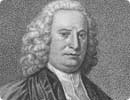 |
1787 William Samuel Johnson, the son of the first president and a lawyer, is elected third president of Columbia. He takes up his duties after serving as a member of the Constitutional Convention in Philadelphia, alongside Alexander Hamilton and Gouverneur Morris. He is the second layman to preside over an American college. |
 |
1794 |
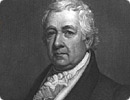 |
1797 |
 |
1800 |
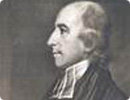 |
1801 |
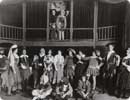 |
1802 |
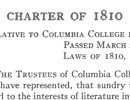 |
1810 |
 |
1811 Protestors disrupt graduation ceremonies at the Riotous Commencement after a student is denied his diploma for failing to soften the democratic sentiments in his oration, as instructed by the faculty. |
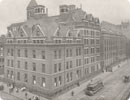 |
1813 |
 |
1814 |
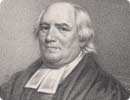 |
1815 |
 |
1819 |
 |
1829 |
 |
1830 |
 |
1835 |
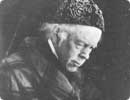 |
1842 |
 |
1849 |
 |
1854 |
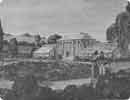 |
1855 |
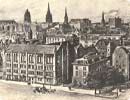 |
1857 |